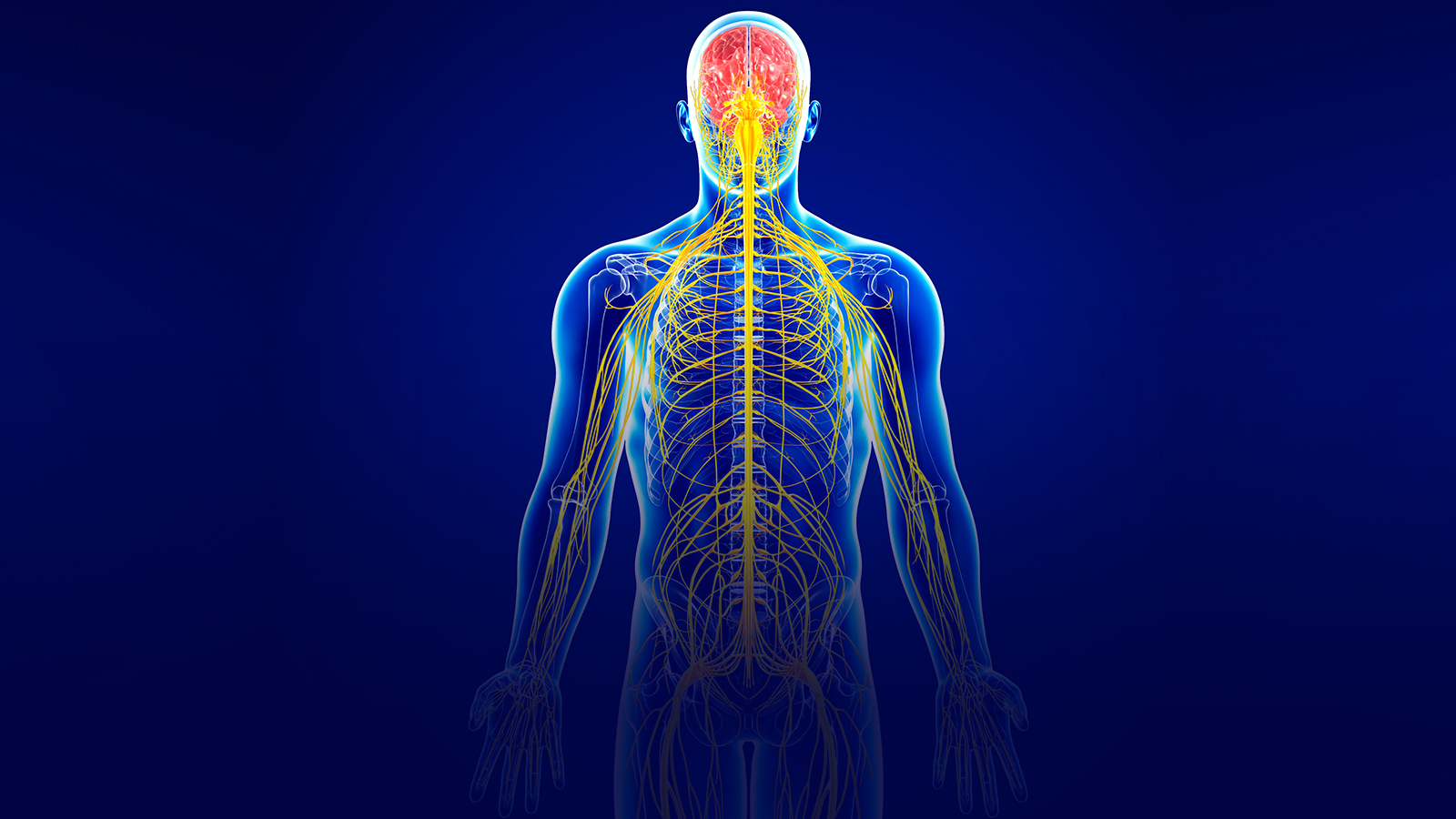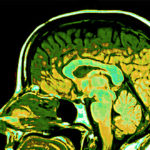Among patients testing positive for COVID-19, the exhibition of anxiety or depressive symptoms may be the result of the virus’ impact on the central nervous system, a new study finds. The findings were released in The Laryngoscope.
According to researchers at the University of Cincinnati, the two primary symptoms of anxiety and depression are considered to be more correlated with a loss of smell and taste compared to hallmark clinical complaints of coronavirus infection, such as cough and fever.
“If you had asked me why would I be depressed or anxious when I am COVID positive, I would say it is because my symptoms are severe and I have shortness of breath or I can’t breathe or I have symptoms such as cough or high fever,” said Ahmad Sedaghat, co-author of the study, in a news release.
“The only element of COVID-19 that was associated with depressed mood and anxiety was the severity of patients’ loss of smell and taste. This is an unexpected and shocking result,” Sedaghat also stated.
The study focused on 114 patients diagnosed with COVID-19 over a span of six weeks in the country of Switzerland. Questionnaires were given to the participants to assess for physical symptoms, such as cough, nasal obstruction, loss of smell or taste, and fever, during infection.
Nearly half of the participants at the initiation of the study had experienced depressive traits at least for several days per week. Close to 45 percent of the participants reported exhibiting mild anxiety, while more than 10 percent experienced severe anxiety.
Researchers did not specify in a considerable amount if psychosocial factors during infection influenced or triggered the onset of affective traits, including loneliness, marriage status, work environment, socioeconomic status, financial disruption, among other variables.
After a thorough analysis of the questionnaire data, the findings concluded that during severe manifestations of coronavirus infection, only the severities of smell and taste loss correlated with the presence of affective symptoms.
“Despite the occurrence of symptoms—such as shortness of breath—associated with severe manifestations of COVID‐19, only the severities of smell and taste loss were associated with depressed mood and anxiety,” the co-authors wrote in the findings.
“These results may raise the novel possibility of emotional disturbance as a CNS manifestation of COVID‐19 given trans‐olfactory tract penetration of the central nervous system (CNS) by coronaviruses.”


